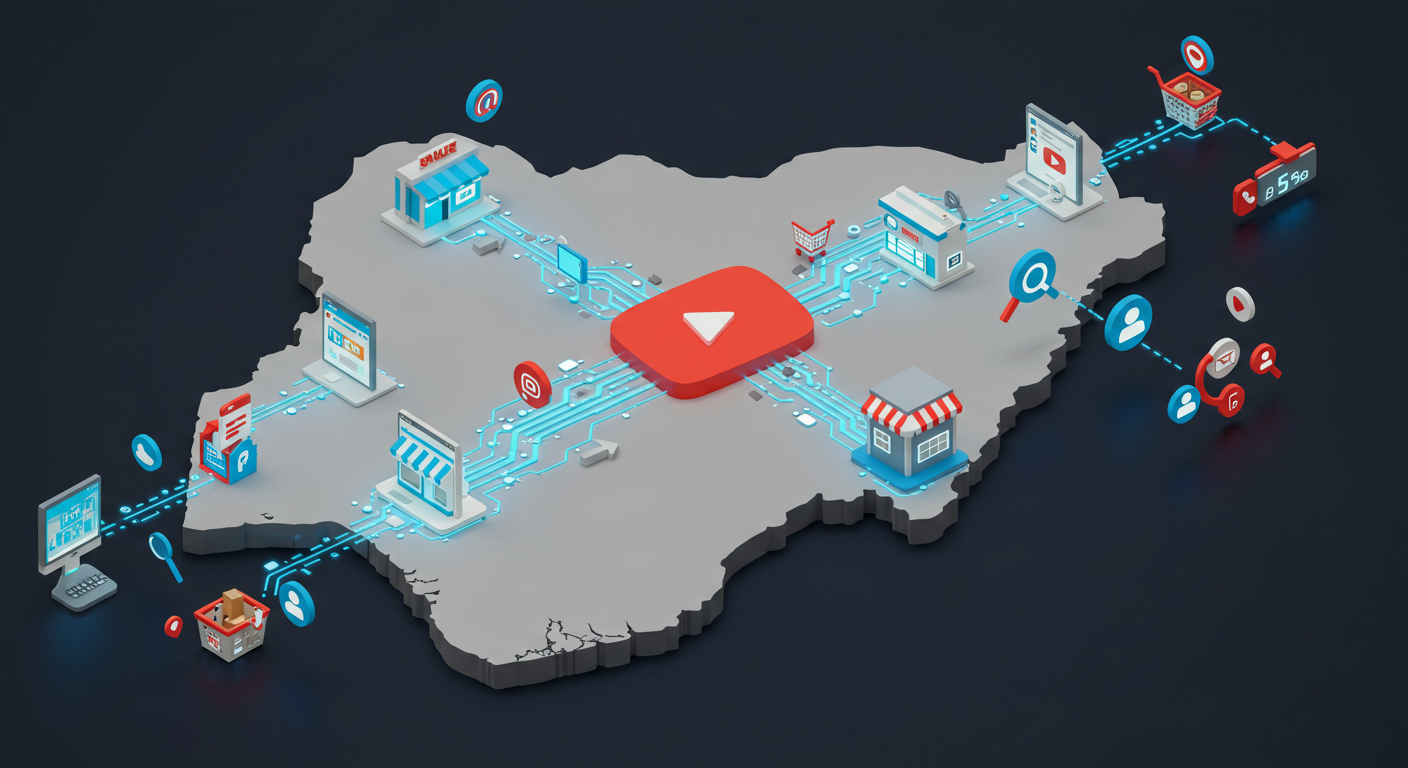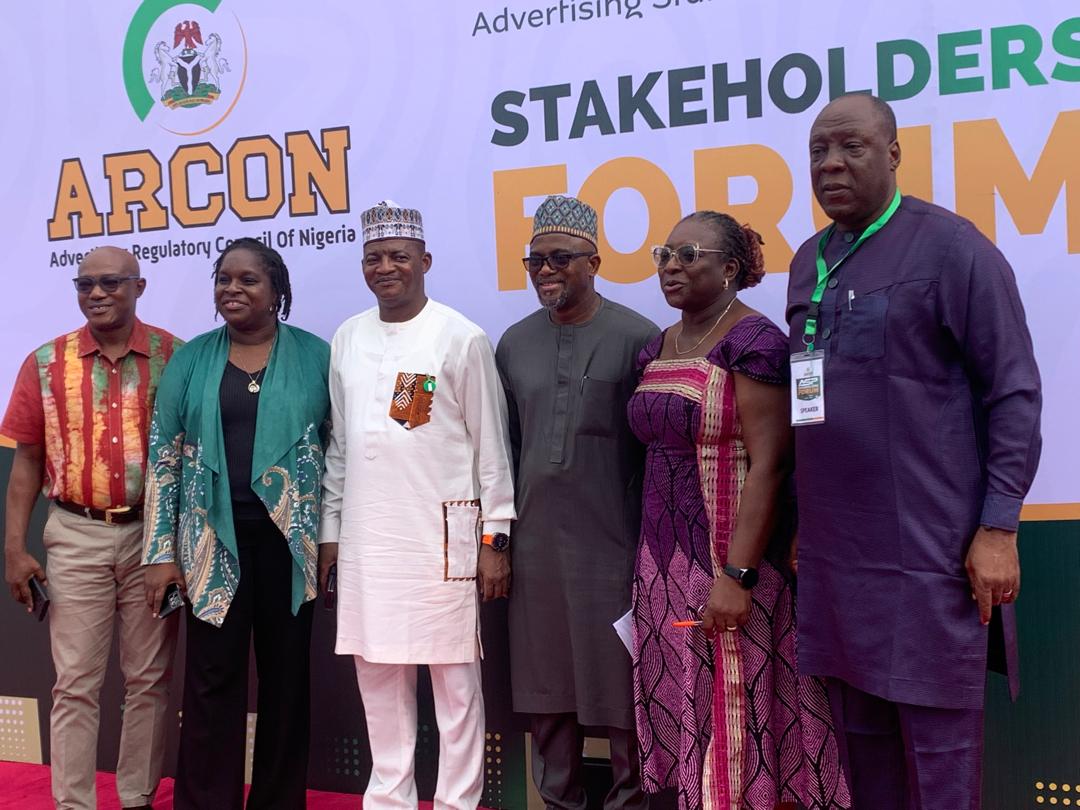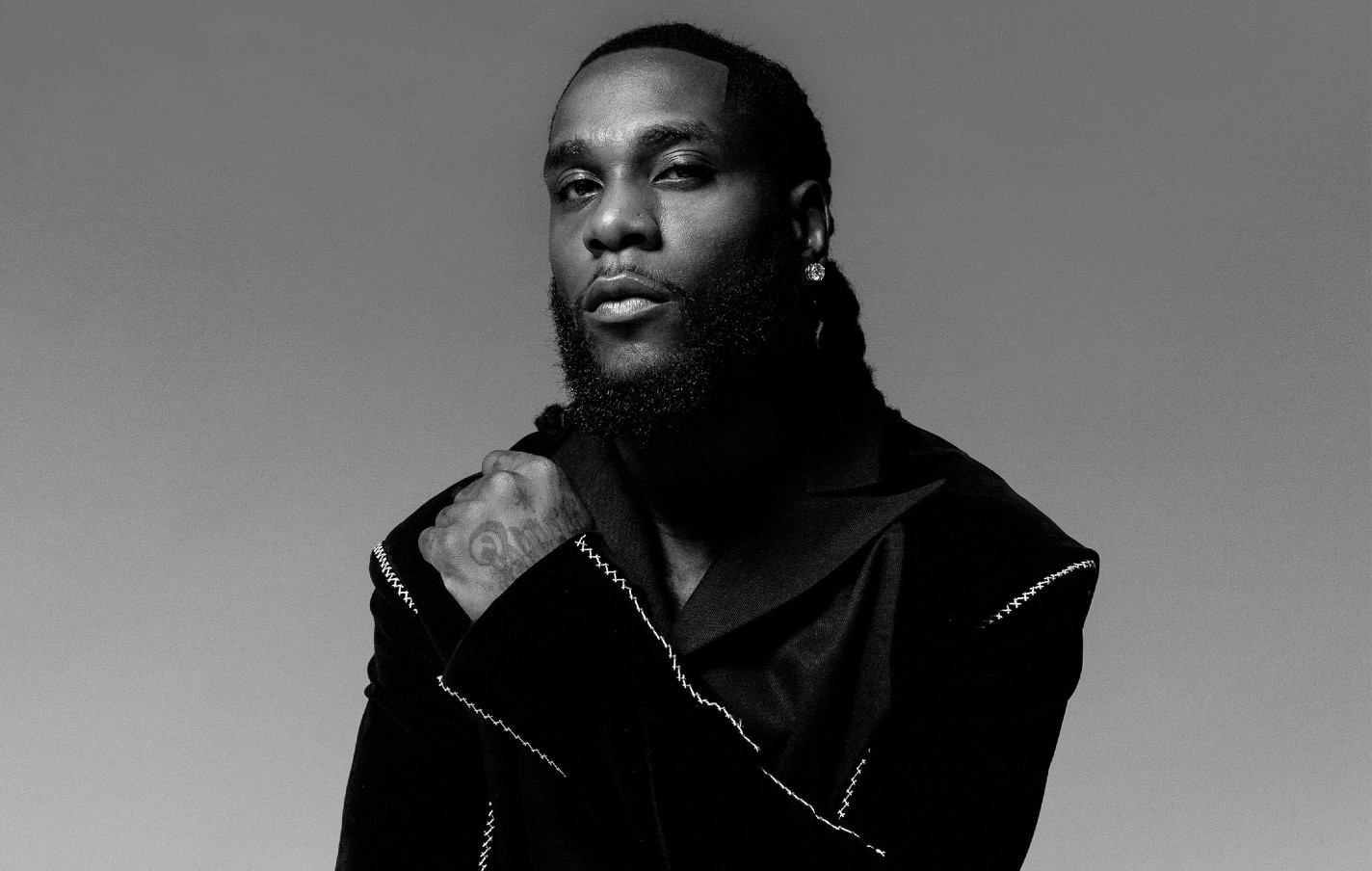Google’s recent announcement at the Interactive Advertising Bureau’s NewFronts marks a defining moment in digital advertising and potentially signals where Nigeria’s brand communication landscape is headed.
The tech giant unveiled a new feature under its Display & Video 360 (DV360) suite, which integrates retail media data into YouTube ad campaigns. This move allows advertisers to gain deeper insights into consumer purchase behaviour and streamline their advertising across YouTube, Connected TV (CTV), and other video formats.
By partnering with major U.S. retailers like Costco, Google is enabling marketers to directly incorporate retail analytics into their YouTube strategies, essentially merging lower-funnel purchase intent with upper-funnel brand awareness. This development not only blurs traditional ad boundaries but also hints at an advertising future where data and video intersect seamlessly.
While the rollout is currently U.S.-focused, the strategic direction has clear implications for the Nigerian advertising ecosystem. Retail media—the use of retailer-owned platforms to sell ad inventory based on shopper data—is a growing global trend. For Nigerian retailers, especially those bolstering their digital presence, this development signals an opportunity to become not just sales platforms but also powerful advertising channels.
Imagine a scenario where a large Nigerian supermarket chain or e-commerce platform like Jumia or Spar could offer detailed shopping data for targeting video ads on platforms like YouTube. Brands could reach high-intent audiences with precision, amplifying campaign effectiveness. This shift would place more value on first-party data and push Nigerian brands to think beyond traditional media buying, toward data-informed ad strategies. However, this transformation also places data privacy at the centre stage.
As Nigeria continues to strengthen its data protection framework under the Nigeria Data Protection Act (NDPA), questions around how consumer data is collected, shared, and used for advertising will intensify. Any adoption of retail media models must be underpinned by transparency, user consent, and compliance with local laws.
Nigerian consumers are becoming increasingly aware of their digital footprints. As targeted ads grow more accurate, so do concerns over surveillance, misuse, and lack of control. Brands and retailers in Nigeria will need to walk a fine line between personalisation and privacy, ensuring that any future media integrations prioritise ethical data use.
Globally, major retailers are racing to become media giants, vying for a larger slice of marketing budgets by leveraging their shopper data. This trend suggests that retail media could become a crucial battlefield for Nigerian brands soon. Those who embrace the model may gain a strategic edge, while those who rely solely on traditional or non-data-driven platforms could find themselves at a disadvantage.
Read also: Nigerian CEOs steer towards AI and new horizons amidst economic tides
For Nigeria’s advertising agencies, media buyers, and digital strategists, this means adapting rapidly. Investment in data infrastructure, partnerships with retailers, and mastering programmatic video will become essential for staying competitive in a data-first future.
Google’s latest retail media expansion isn’t just a U.S.-centric innovation but a wake-up call for the Nigerian online advertising industry. The lines between content, commerce, and consumer intelligence are disappearing.
For brands and retailers in Nigeria, the opportunity is clear: embrace data-driven strategies, prepare for the rise of retail media, and ensure that consumer trust remains at the heart of all advertising efforts.
As digital ad investments grow and competition intensifies, the brands that adapt to these global shifts with local relevance will define the next era of Nigerian marketing.







Comment
No comments found.